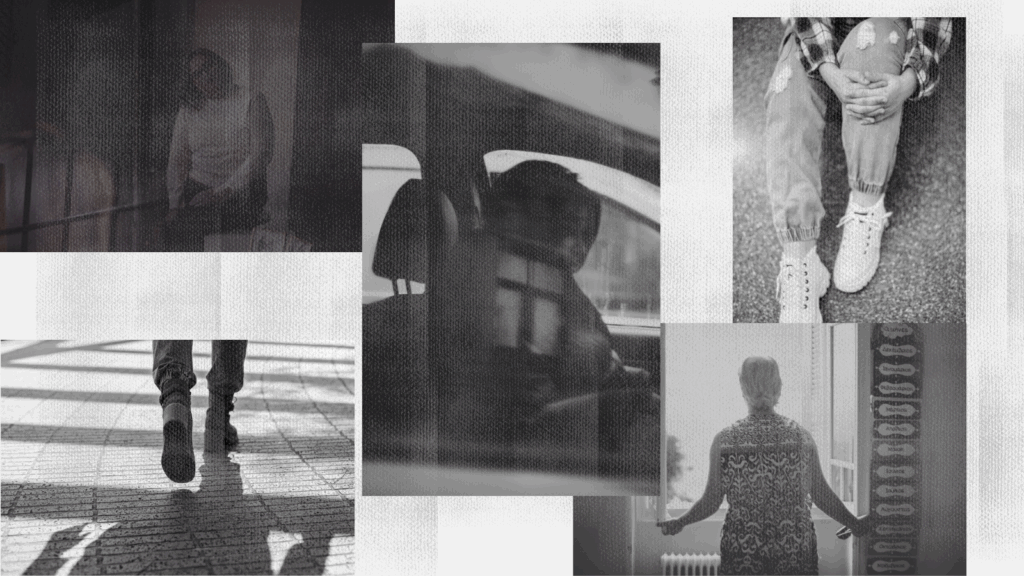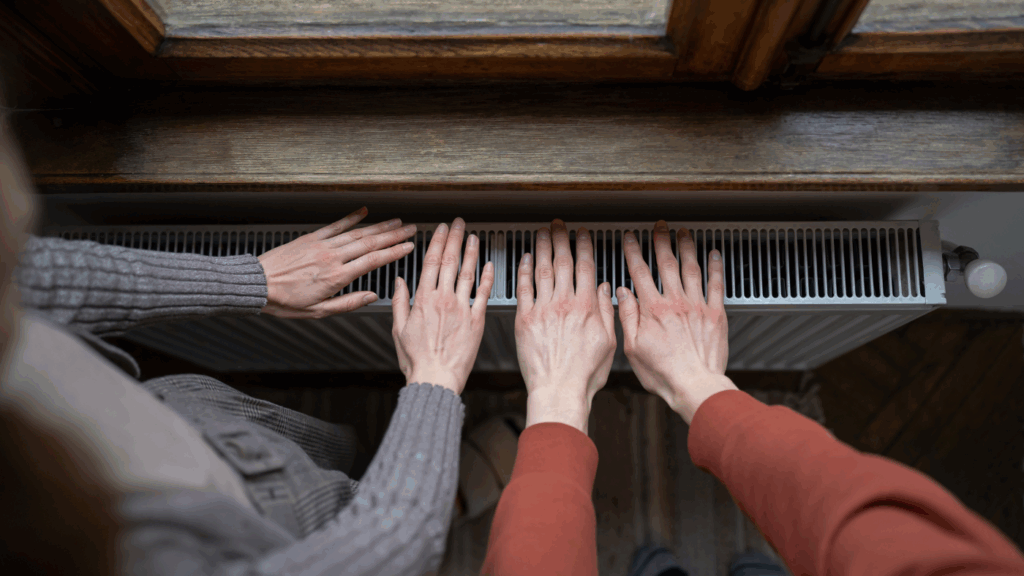Our member Diakonia Kościoła Ewangelicko-Augsburskiego w RP (Diakonia Polska), welcomed Eurodiaconia’s Policy & Membership Development Officer on Migrant Integration and Inclusion for an insightful two-days study visit on the 11th and 12th of April 2024.
Eurodiaconia was introduced to Diakonia Polska’s work by Wanda Falk (Diakonia Polska Director), Agnieszka Jelinek (Assistant Director, and member of Eurodiaconia Supervisory Board) and Iwona Baraniek (Senior Project Officer) the visit provided invaluable insights into the organization’s extensive efforts to support persons in vulnerable situations, especially in light of the ongoing conflict in Ukraine.
On the first day, we were introduced to Diakonia Polska’s comprehensive initiatives aimed at assisting seniors, people with disabilities, youth and families through their parishes across Poland. Their projects range from educational and inclusion initiatives, to care, nursing, rehabilitation or therapeutic services. All underpinned by a commitment to upholding human dignity and fostering social inclusion.
Diakonia Polska at the frontline of humanitarian assistance and social inclusion during the war in Ukraine
The main focus of our visit was learning about our member´s ongoing response to the humanitarian and social consequences of the war in Ukraine, being Poland the second countries receiving the largest number of Ukrainian refugees (956.633 beneficiaries of temporary protection, as December 2023).1
The organization’s humanitarian efforts, in collaboration with various local partners, have played a crucial role in providing essential support to those crossing the border and internally displaced Ukrainians, ensuring access to basic needs (shelter, food, medicine, clothes, etc.), coordinating transportation, and facilitating their inclusion in polish society after two years of conflict.
Our first day concluded at the Lutheran Parish in Węgrów, where Diakonia Polska is running an accommodation and integration project for Ukrainian families within the parish facilities. We had the opportunity to get to know first hand the experience of the families in the programme and the wide range of activities they co-organised for community building as well as accessing employment, including language courses, cultural exchanges, support groups, excursions, activities for children and families with the local community.
Supporting autonomy through effective Multi-Purpose Cash Assistance Projects
On the second day, we met the team of Diakonia Polska´s office at Nowogrodzka (Warsaw), which has successfully coordinated several cash assistance programmes to respond to the demanding situation after Russia´s war of aggression against Ukraine since 2022.2 Currently, they are running the third round of a Multi-Purpose Cash Assistance Project, which is run locally in at least 15 polish regions. As part of the program, in 2023, more than 7.200 households (19.632 refugees) received a prepaid card for three months. In the autumn of 2023 approximately 3.000 of the most vulnerable refugees from Ukraine receive one-time cash assistance to support them in meeting basic needs during the winter. These processes have been implemented in coordination with the UNHCR and other local NGOs in order to avoid duplication and coordinate referral systems, with high levels of satisfaction among the beneficiaries, particularly, because of the autonomy and ownership that MPCA programmes promote. Notably, we would like to also highlight the “Cash for Rent”, which was launched as a response to the lack of long-term and sustainable housing strategy in Poland. Through this project, they supported 74 families in uncertain housing situations (e.g. living in a collective accommodation centre or with a host family) in finding accommodation and follow administrative and legal procedures. In addition, financial support is offered during six months in combination with labour market integration activities to increase the employability and autonomy of the beneficiaries once the project is finished.
UNHCR Representation in Poland: reflecting about future integration and inclusion challenges
Finally, our study visit finished at the UNHCR Representation in Poland, where we had a meeting with the team of the External Relations Officer to share Diakonia Polska’s interventions across Poland and their contribution to the Regional Refugee Response Plan (RRP), as well as discussing about the main needs and challenges after two years of war. Main points of concern include the shifting public perception about Ukrainian refugees due to the suffering welfare state in Poland, the need for higher support for those families with dependent family members or the elderly, and anticipated integration challenges as a result of the cancellation of financial support to hosting families, and the mandatory enrolment in Polish education of Ukrainian refugees after the month of June.
Closing remarks
Eurodiaconia commends our member’s swift mobilization during the first stages of Russia’s war of aggression against Ukraine, and their ongoing efforts to fill in the gaps of sustainable and long-term integration needs. We emphasise the importance of strengthening investment in resilient social protection systems and integration services, encouraging national investment in social housing, public employment services, education, social enterprises, and social services, as well as to facilitate access to EU funding to ensure the continuity and quality of the work of NGOs and non-profit social service providers.
Visit the Diakonia Polska website to know more information and data about their projects to support Ukrainian refugees here.
Relevant documents:
- Read Eurodiaconia’s report “Reception and Integration of refugees from Ukraine: The Voice of Social Service Providers” to know more about our members’ response to the war in Ukraine, and our recommendations to achieve a harmonised application of the TPD, bring forward the lessons learned from to broader asylum and migration policy, and provide transparent, accessible and socially oriented funding.



